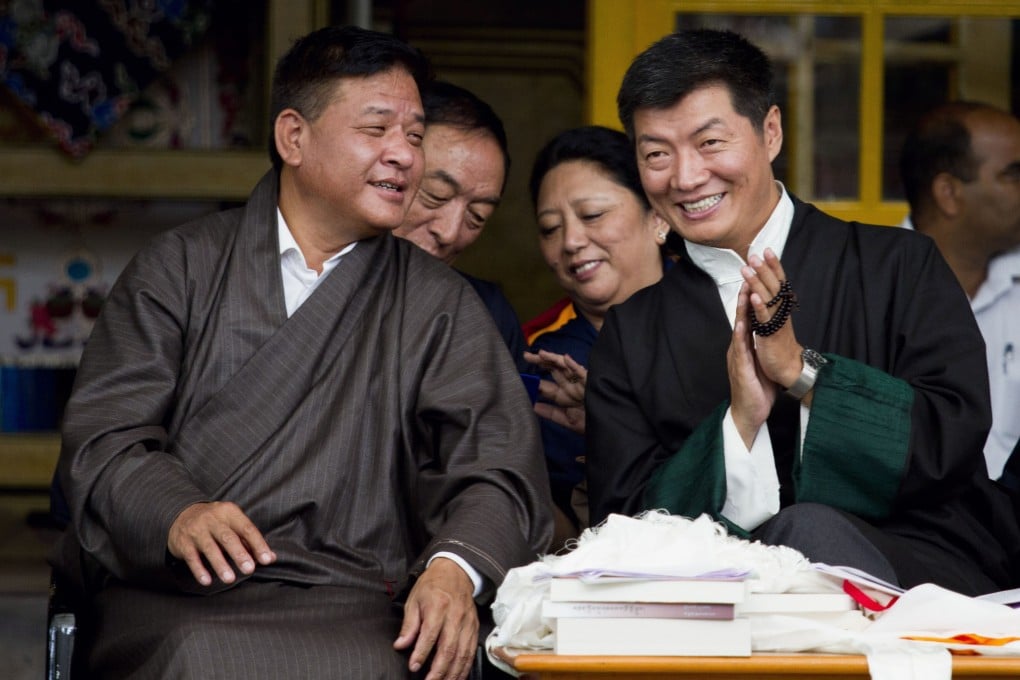Advertisement
Tibetans have a new political leader. Here’s what to expect
- Penpa Tsering says he wants a ‘lasting solution’ for Tibet’s status and to restart stalled talks on a visit by the Dalai Lama
- But his efforts may not be enough for younger Tibetans advocating a more aggressive campaign against Beijing
Reading Time:5 minutes
Why you can trust SCMP
4

After a four-month voting process that saw 83,000 Tibetan refugees around the world cast their ballots, 54-year-old Penpa Tsering, a former speaker of the Tibetan parliament-in-exile, was declared the community’s new political leader.
Tsering’s election as the new head of the Central Tibetan Administration (CTA) – as the parliamentary government based in Dharamshala, India, is known – comes at a time when Tibetans have grown increasingly vocal in their opposition to China, from joining calls from US lawmakers and activists for a boycott of the Beijing Winter Olympics next year because of alleged human rights violations, to asking New Delhi to boycott goods and services from mainland China.
This has coincided with greater support from Washington for the Tibetan refugee community, who number an estimated 130,000 worldwide, though about half of them live in India.

In December, the US Congress approved the Tibet Policy and Support Act, which backs the Dalai Lama on the issue of appointing his successor and calls for establishing a US consulate in Lhasa, in Tibet. The European Union has also implicitly backed the Dalai Lama’s position by saying that it “expects China to respect” his decision.
Tsering’s predecessor, Lobsang Sangay, was a vocal critic of Beijing during his 10-year tenure. Last November, he became the first Tibetan political leader to be hosted at the State Department where he met Washington’s special coordinator on Tibet. Beijing responded sharply, saying it was an attempt to destabilise Tibet and that it would not allow any interference in the region.
Advertisement